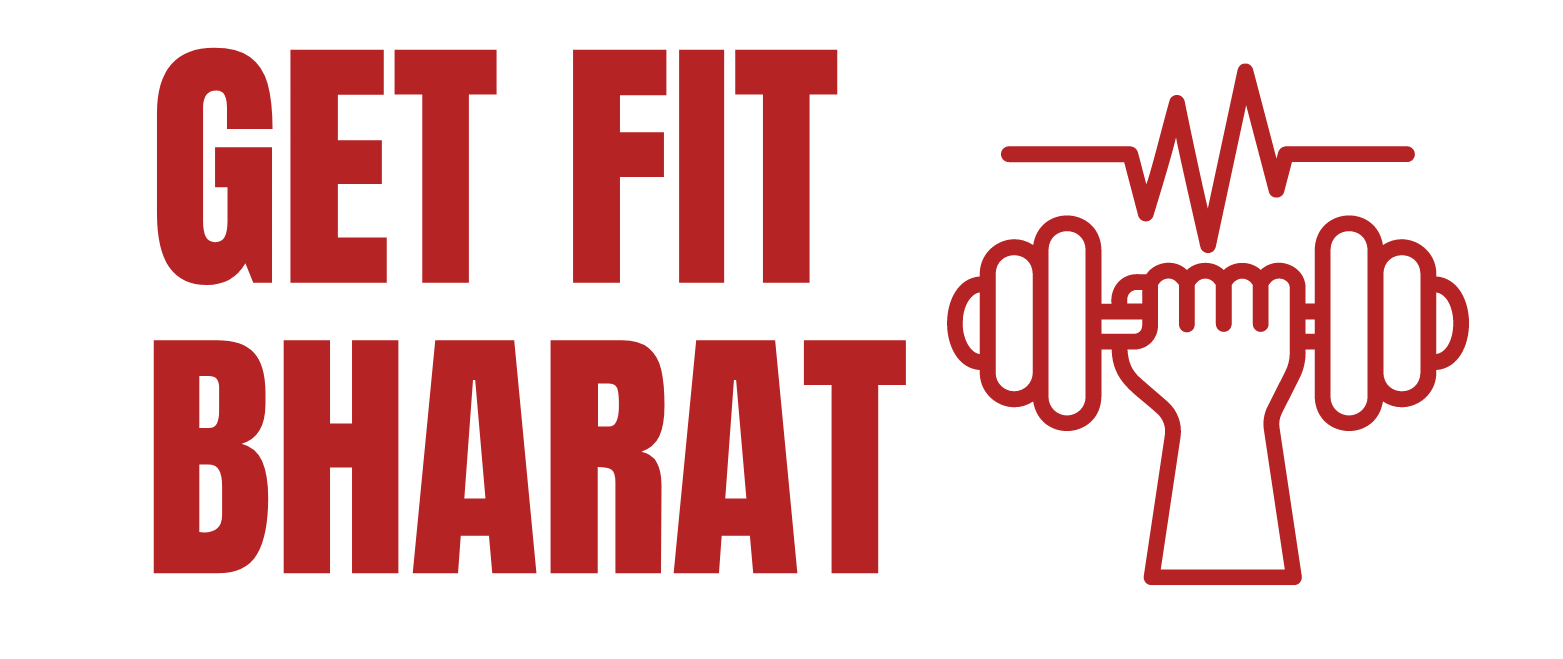Ozempic has recently taken the spotlight, partly thanks to Maheep Kapoor, who introduced it to the public on Fabulous Lives of Bollywood Wives season 3. Since then, people have been curious about this trending medication and its potential for weight loss. It's no surprise that many people are also considering it to lose that stubborn …
What Is Ozempic? Is It Safe For Weight Loss? Heres Why You Should Be Informed Before Using It

Ozempic has recently taken the spotlight, partly thanks to Maheep Kapoor, who introduced it to the public on Fabulous Lives of Bollywood Wives season 3. Since then, people have been curious about this trending medication and its potential for weight loss. It’s no surprise that many people are also considering it to lose that stubborn fat. But is Ozempic truly a miracle solution for shedding those extra pounds, or is it just another quick-fix fad? We dug deep into what Ozempic is, how it works, and whether it’s a safe option for weight loss.
Also Read: 10 Simple Diet Changes That Will Help You Lose Belly Fat Faster
What Is Ozempic?
Ozempic, known generically as semaglutide, was initially approved in 2017 by the U.S. Food and Drug Administration (FDA) for treating type 2 diabetes. According to US David Health, it’s a weekly injectable medication that helps lower blood sugar levels by increasing insulin production in the pancreas. While the drug is not specifically approved for weight loss, many healthcare providers have started prescribing it off-label for this purpose.
Interestingly, Ozempic’s mechanism of action is inspired by a hormone found in the saliva of the Gila monster, a venomous lizard native to the southwestern United States. Scientists discovered that the lizard’s saliva contained a hormone that helps regulate blood sugar by stimulating insulin production, slows down digestion, and signals the brain to feel fuller for longer. This hormone inspired the development of Ozempic and similar drugs aimed at managing type 2 diabetes and, in some cases, assisting with weight loss.
How Does Ozempic Work?
Ozempic works by mimicking a naturally occurring hormone called GLP-1 (glucagon-like peptide-1), which plays a crucial role in regulating blood sugar and appetite. When you inject Ozempic, it increases the level of GLP-1 in your body, leading to several effects:
- Fullness signals: The hormone sends signals to your brain that you’re full, reducing hunger and making it easier to avoid overeating.
- Slower digestion: Ozempic slows down the process by which food moves through your digestive system. This prolongs the sensation of fullness after meals, making it easier to stick to a calorie-controlled diet.
- Improved insulin production: For people with type 2 diabetes, Ozempic helps regulate blood sugar by encouraging the pancreas to produce more insulin when needed.
It’s important to note that weight loss is not the primary purpose of Ozempic-it’s a secondary effect that occurs because the drug reduces appetite and delays stomach emptying. As Cleveland Clinic notes, Ozempic is primarily prescribed for managing blood sugar levels in people with type 2 diabetes.
Also Read: Does Drinking Green Tea Help You Get a Flat Tummy?

Include healthy food in your daily diet to boost your weight loss journey.
Photo Credit: iStock
Is Ozempic Safe for Weight Loss?
While Ozempic has been shown to lead to weight loss as a side effect, it’s not without risks. According to the Cleveland Clinic, Ozempic can cause various gastrointestinal side effects due to its slowing effect on digestion. Some of the common side effects include:
- Nausea and vomiting
- Diarrhea or constipation
- Bloating and increased gas
- Heartburn
These issues usually subside as your body adjusts to the medication, but they can be bothersome in the short term. Additionally, some users report feeling fatigued or lightheaded, especially when they first start using the drug.
It’s crucial to emphasize that Ozempic is not intended for weight loss in individuals who do not have type 2 diabetes. Experts strongly recommend using the drug only under the supervision of a healthcare provider and typically as part of a broader diabetes management plan.
Also Read: 5 Simple Ayurvedic Foods That Could Be The Key To Your Weight Loss Journey
Can You Achieve Similar Weight Loss Goals Without Ozempic?
Before jumping into a costly Ozempic treatment plan, it’s worth considering natural ways to boost your body’s GLP-1 production without injections. Weight Loss Expert Jaymie Moran suggested some simple lifestyle changes you can make to improve appetite control, manage hunger, and promote weight loss. Here’s how:
- Protein-Rich Meals: Consuming 30 grams of protein at every meal can help slow digestion and trigger GLP-1 release naturally. Lean meats, eggs, legumes, and dairy are excellent protein sources.
- Fiber-Rich Foods: Foods high in fibre, such as chia seeds, leafy greens, and sweet potatoes, can help delay stomach emptying and keep you feeling full longer. Fibre also supports digestive health and helps maintain steady blood sugar levels.
- Healthy Fats: Including healthy fats in your meals, such as those found in olive oil, avocados, and nuts, can mimic the fullness signals triggered by GLP-1, reducing cravings and enhancing satiety.
- Sleep Properly: Poor sleep can mess with your hunger hormones, particularly GLP-1. Ensure you’re getting 7-8 hours of quality sleep each night to help regulate your appetite and avoid late-night cravings.
- Exercise Regularly: Whether it’s a daily walk or a more intense workout, staying active makes your body more sensitive to GLP-1. This means you’ll naturally feel fuller for longer after meals, reducing the likelihood of overeating or experiencing hunger spikes.
By focusing on these habits, you can naturally increase your body’s production of GLP-1 and reduce your reliance on medication.
Should You Use Ozempic?
If you’re considering Ozempic for weight loss, it’s essential to weigh the pros and cons. While the drug can certainly help some people lose weight, especially those with type 2 diabetes, it is not a miracle solution and comes with side effects. Before starting any weight loss treatment it’s vital to consult with your healthcare provider. Following a healthy, balanced diet is the key to effective and healthy weight loss.
(This content including advice provides generic information only. It is in no way a substitute for qualified medical opinion. Always consult a specialist or your own doctor for more information. NDTV does not claim responsibility for this information.)



